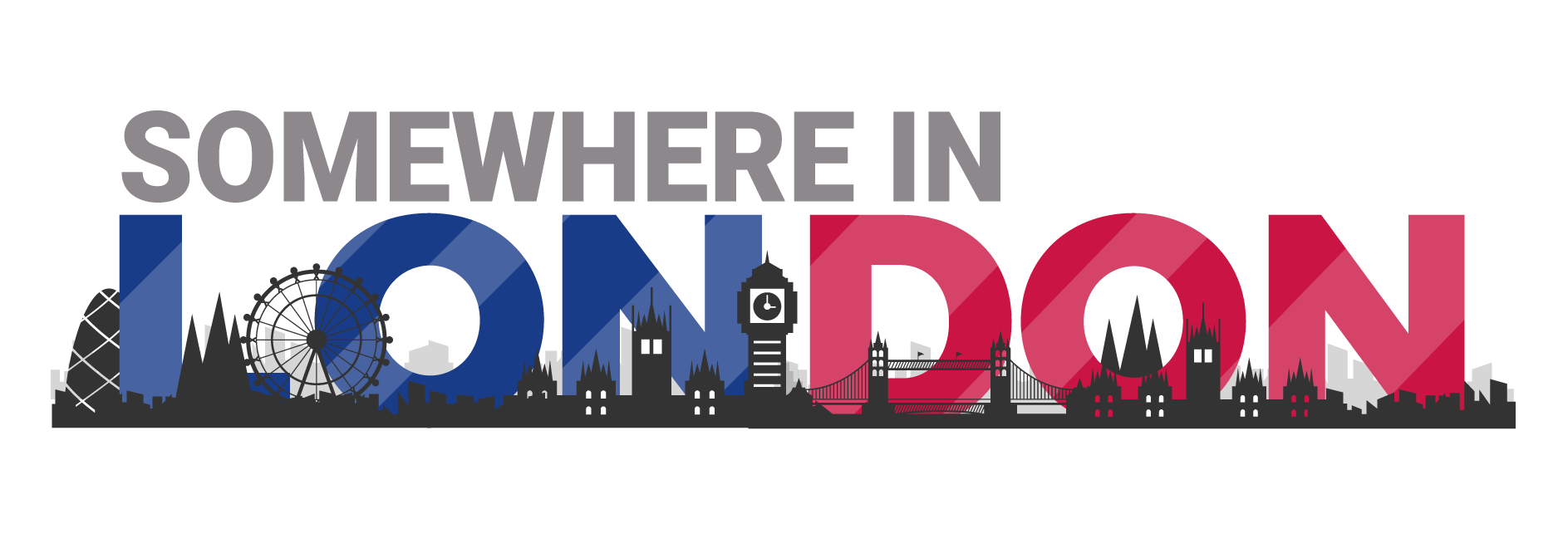Bangladesh’s liberalised industrial policy, as well as its export-focused and privately-led economic strategy, provide several investment opportunities. With the exception of four industries, all industries in Bangladesh are open to private investment. (a) nuclear energy production, (b) forest plantation and mechanised extraction inside protected forest limits, and (c) security printing and mining. The government’s role is that of a facilitator, assisting in the creation of conditions conducive to increasing private investment both locally and globally.
According to British International Investment plc.
“Bangladesh, the world’s largest least developed country in terms of both population and economic size, wants to graduate from the UN’s LDC category in 2024.” With a population of little more than 160 million people, the country has significant consumer demand, and the consumer products business, which includes everything from white goods and clothing to fin-tech, is expanding rapidly. We have a stake in RFL Electronics, an electronic products producer and one of the country’s top employees outside of the textile sector.
There are chances to expand the country’s developing service industry, and the increase in population and GDP growth has repercussions in other areas of the economy, such as the demand for infrastructure development. For starters, our personal investment can aid in the development of the local capital market. We’ve also been assisting the United Kingdom’s Department for International Development in its efforts to collaborate with companies to expedite changes in the country’s governance infrastructure.
We want to mobilise further investment in the nation through these initiatives to change the investment climate, as we build on our expertise supporting sustainable development in Bangladesh.”
Why should you invest in Bangladesh?
- – good macroeconomic stability with a robust growth rate of about 8%;
- – Bangladesh was included in the “Next 11” list by Goldman Sachs following the BRIC countries;
- – a diversified and open economy;
- – a young, highly skilled workforce at a very low cost;
- – a strategic and advantageous place in the global economy’s value chain;
- – a favorable global business climate in terms of legislation and the economy;
- – a key site that serves as a gateway to nations in the Asia-Pacific area
Acceptance of Bangladesh
Bangladesh’s economy was regarded as solid by the IMF. According to the findings, Bangladesh continues to see steady development, driven by consumer spending and investment. Over the previous decade, continuous growth of more than 6% raised per capita income significantly, leading in a steady decline in poverty and significant improvements in other social indices. During this time, the country’s economy has moved from agrarian to increasingly manufacturing-based.
- – According to Citi Investment Research & Analysis, Bangladesh is one of the countries with the most promising (per capita) development prospects.
- – Bangladesh was named on Goldman Sachs’ ‘Next 11’ list, after the BRIC nations.
- – Bangladesh is no longer referred to as a “basket case,” according to the Wall Street Journal (WSJ). Bangladesh is regarded as a developing market economy with significant potential.
- – According to JPMorganChase, Bangladesh ranks fourth in terms of increase in economically active people.
- – According to Morgan Stanley, Bangladesh is in the early phases of an investment boom…
- – Bangladesh has been described as “an unusual corner of Asia with great development prospects” by the New York Times.
- – According to HSBC, Bangladesh will be the 26th largest economy in 2030.
Incentives to promote investment in Bangladesh
Several rewards for investment in specific areas have been implemented as part of the government’s liberal policy regime.
Tax holiday and exemptions :5-10 years of Tax Holiday and reduced tax depending on areas. 100% tax exemption on income and capital gain for certain projects under Public Private Partnership (PPP) for 10 years. 100% tax exemption from software development, Nationwide Telecommunication Transmission Network or Information Technology Enabled Services. 50% of income derived from export is exempted from tax. Tax exemption on royalties, technical know-how and technical assistance fees and facilities for their repatriation. Tax exemption on interest paid on foreign loan.
Exemption on import duties :Exemption of customs duties on capital machineries; Exemption of import duties on raw material used for producing export goods.
Double taxation regime : Bangladesh has double taxation avoidance agreement with more than 30 major trading partner countries. Expatriate employees involved in specific sectors can also avail income tax exemption for up to 3 years.
Capital repatriation : Full repatriation of capital invested from foreign sources will be allowed. Profits and dividend accruing to foreign investment may be transferred in full. If foreign investors reinvest their dividends and or retained earnings, those will be treated as new investment.
Bonded warehousing facilities : For export-oriented industries. Bond period varies from industry to industry.
Tariff reduction : Tariff (if paid) refund on import of raw materials for export
Accelerated depreciation : Industrial undertakings not enjoying tax holiday will enjoy accelerated depreciation allowance. Such allowance is available at the rate of 100 per cent of the cost of the machinery or plant if the industrial undertaking is set up in the areas falling within the cities of Dhaka, Narayanganj, Chittagong and Khulna and areas within a radius of 10 miles from the municipal limits of those cities. If the industrial undertaking is set up elsewhere in the country, accelerated depreciation is allowed at the rate of 80 per cent in the first year and 20 per cent in the second year.
Ownership : 100% ownership is allowed
Investing in the stock market : Foreign investors are allowed to participate in Initial Public Offerings (IPOs) without regulatory restrictions. Capital gain from listed shares is tax-exempt for individual investors and lower tax rate is applicable for company and others entities.
Other incentives : Citizenship by investing a minimum of USD 500,000 or by transferring USD 1,000,000 to any recognized financial institution (non-repatriable). Permanent residency by investing a minimum of USD 75,000 (non-repatriable).
How to Enter Bangladesh Market?
Foreign investors can either form a fully/ partially owned subsidiary or setup branch or liaison office for operating in Bangladesh. The type of entity formed would depend on the investor’s medium and long-term strategy for penetrating the market.
Wholly Owned subsidiaries
Foreign companies are permitted to establish wholly owned subsidiaries in Bangladesh under the ‘Companies Act 1994’, for establishing either a private limited or a public limited company. Company registration documentation and its approval are handled by the Registrar of Joint Stock Companies and Firms (RJSC) and foreign entities can incorporate a new company complying with the requirements of the RJSC. Foreign entities can also fully acquire any existing Bangladeshi companies.
Joint venture
Like wholly owned subsidiaries, foreign companies can incorporate a joint venture company with Bangladeshi partner(s). The equity ownership of the foreign company will vary depending on the amount invested by each party.
Limited liability by purchasing shares in an existing Bangladeshi company
Foreign investors are free to invest in local companies (subject to limitation in certain sectors) There are no restrictions on the transfer of shares to non-residents. Foreign investors may sell their shares, irrespective of their percentage of shareholding.
The Bangladesh government provides five to ten years of tax exemption to international investors planning on operating in certain sectors. Investments in select priority sectors such as Power enjoy tax exemption for up to 15 years.






